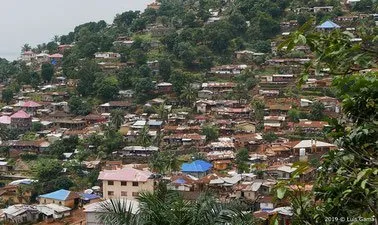
COVID-19 in Slums & Informal Settlements: Guidelines & Responses 
This course explores the unique challenges faced by individuals living in self-built, urban poor settlements during the COVID-19 pandemic. Through lectures, resources, and interactions with experts, students will gain an understanding of the contrast between top-down governmental responses and bottom-up local responses. It will benefit street-level public officials, community activists, non-profit advocates, settlement residents, and local and central government agents. Join us to learn how to address the unique set of challenges presented by COVID-19 in slums and informal settlements. ▼
ADVERTISEMENT
Course Feature
![]() Cost:
Cost:
Free
![]() Provider:
Provider:
Edx
![]() Certificate:
Certificate:
No Information
![]() Language:
Language:
English
![]() Start Date:
Start Date:
16th Nov, 2020
Course Overview
❗The content presented here is sourced directly from Edx platform. For comprehensive course details, including enrollment information, simply click on the 'Go to class' link on our website.
Updated in [May 25th, 2023]
Learners can learn from this course in the following areas:
1. Understanding the Impact of COVID-19: Learners will gain an understanding of the unique challenges faced by individuals living in self-built, urban poor settlements due to the COVID-19 pandemic. They will learn about the contrast between top-down governmental responses and bottom-up local responses to the pandemic, and the politics that regulate urban poor communities and condition the response of governments and other development agents.
2. Interacting with Experts: Learners will have the opportunity to interact with experts from a variety of backgrounds, including academics, community leaders, residents of informal settlements, public officials, and NGO workers. They will be able to share their experiences and learn from the experts.
3. Preparing for Future Crises: This course will help learners to prepare for future crises by enhancing their understanding of the current context. They will gain insight into how to address the unique set of challenges posed by the COVID-19 pandemic in urban poor communities.
[Applications]
Upon completion of this course, participants will be able to apply the knowledge and skills acquired to better understand the unique challenges faced by individuals living in self-built, urban poor settlements. They will be able to develop strategies to address the impact of COVID-19 in these communities, and to prepare for future crises. Participants will also be able to share their experiences with a global community of learners and experts, and to collaborate with public officials, community activists, non-profit advocates, and settlement residents.
[Career Paths]
1. Public Health Officer: Public health officers are responsible for developing and implementing public health policies and programs to protect and improve the health of the population. They work with government agencies, healthcare providers, and community organizations to ensure that public health initiatives are effective and efficient. As the COVID-19 pandemic continues to spread, public health officers are increasingly in demand to help develop and implement strategies to reduce the spread of the virus.
2. Community Health Worker: Community health workers are responsible for providing health education and services to underserved communities. They work with local organizations and government agencies to provide health services and resources to those in need. During the COVID-19 pandemic, community health workers are playing an important role in providing health education and services to those living in informal settlements and slums.
3. Social Worker: Social workers are responsible for providing support and resources to individuals and families in need. They work with government agencies, healthcare providers, and community organizations to ensure that individuals and families have access to the resources they need. During the COVID-19 pandemic, social workers are playing an important role in providing support and resources to those living in informal settlements and slums.
4. Urban Planner: Urban planners are responsible for developing and implementing plans for the development of cities and towns. They work with government agencies, community organizations, and private developers to ensure that cities and towns are developed in a way that is sustainable and equitable. During the COVID-19 pandemic, urban planners are increasingly in demand to help develop and implement strategies to reduce the spread of the virus and ensure that cities and towns are developed in a way that is safe and equitable.
[Education Paths]
Recommended Degree Paths:
1. Public Health: Public health is a field of study that focuses on the health of populations, rather than individuals. It is an interdisciplinary field that combines the sciences, social sciences, and humanities to understand the determinants of health and develop strategies to improve health outcomes. Public health professionals work to prevent disease, promote health, and protect communities from health threats. With the COVID-19 pandemic, public health professionals are playing a critical role in developing strategies to contain the virus and protect vulnerable populations.
2. Urban Planning: Urban planning is the process of designing and developing cities and towns. It involves the coordination of land use, infrastructure, and public services to create livable and sustainable communities. Urban planners are responsible for creating plans that address the needs of a city’s residents, while also considering the environment and economic development. In the context of the COVID-19 pandemic, urban planners are playing an important role in developing strategies to protect vulnerable populations in informal settlements and slums.
3. International Development: International development is a field of study that focuses on the economic, social, and political development of countries around the world. It is an interdisciplinary field that combines the sciences, social sciences, and humanities to understand the causes of poverty and develop strategies to reduce poverty and improve the quality of life for people in developing countries. In the context of the COVID-19 pandemic, international development professionals are playing a critical role in developing strategies to protect vulnerable populations in low-income countries.
4. Social Work: Social work is a field of study that focuses on the social, economic, and psychological well-being of individuals, families, and communities. It is an interdisciplinary field that combines the sciences, social sciences, and humanities to understand the causes of social problems and develop strategies to address them. In the context of the COVID-19 pandemic, social workers are playing an important role in developing strategies to protect vulnerable populations in informal settlements and slums.
Course Provider

Provider Edx's Stats at AZClass
Discussion and Reviews
0.0 (Based on 0 reviews)
Explore Similar Online Courses
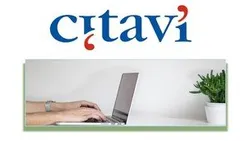
Research writing using Citavi - Part 1
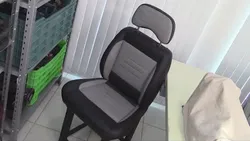
Bespoke Car Seat on a Chair

Python for Informatics: Exploring Information

Social Network Analysis

Introduction to Systematic Review and Meta-Analysis

The Analytics Edge

DCO042 - Python For Informatics

Causal Diagrams: Draw Your Assumptions Before Your Conclusions

Whole genome sequencing of bacterial genomes - tools and applications
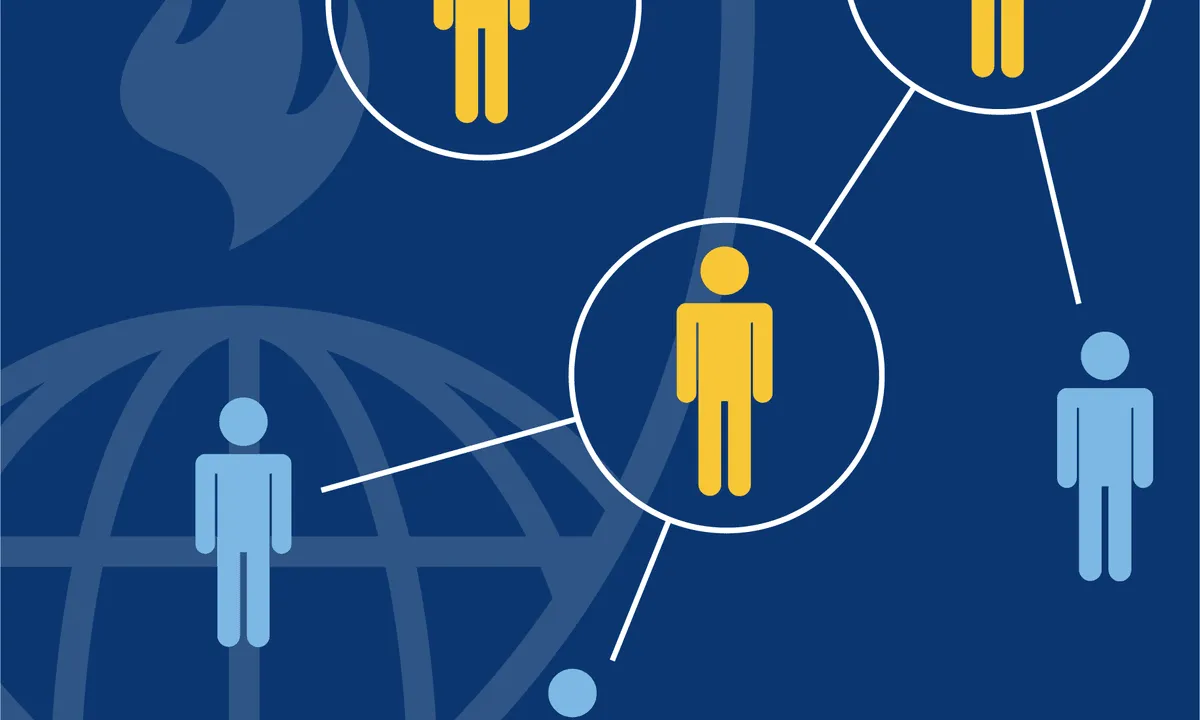
COVID-19 Contact Tracing
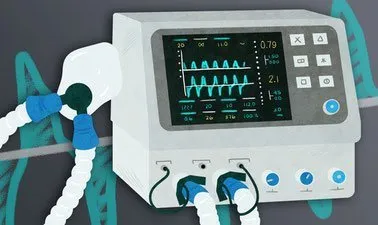
Mechanical Ventilation for COVID-19
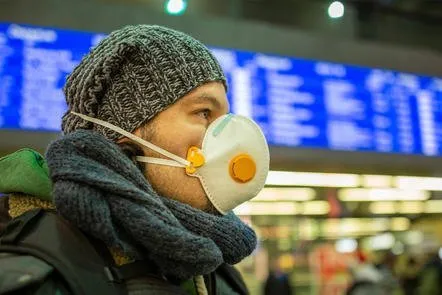
COVID-19: Tackling the Novel Coronavirus
 Related Categories
Related Categories
Quiz
 Submitted Sucessfully
Submitted Sucessfully
1. What is the main purpose of this course?
2. Who is this course geared towards?
3. What type of responses to the COVID-19 pandemic will be discussed in this course?
4. What is the primary audience of this course?
Correct Answer: Public officials, community activists, non-profit advocates, settlement residents, and local and central government agents.


Start your review of COVID-19 in Slums & Informal Settlements: Guidelines & Responses